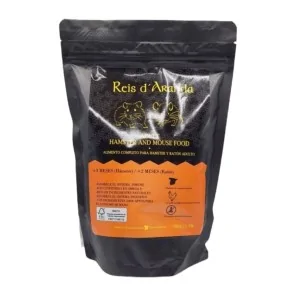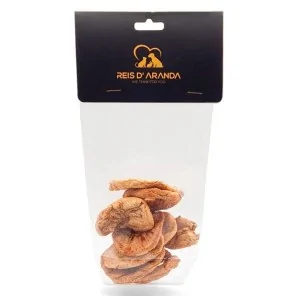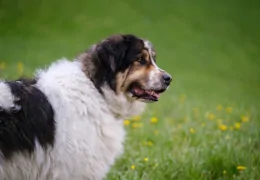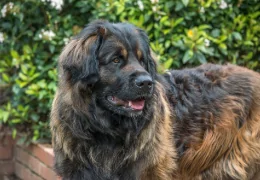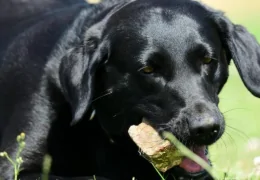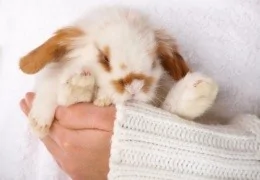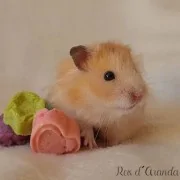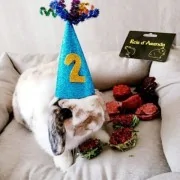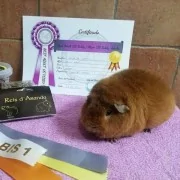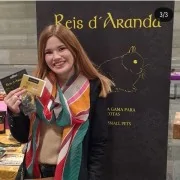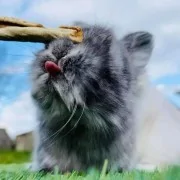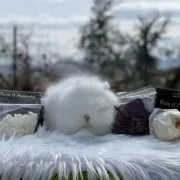The Tornjak originated from genetically homogeneous, almost extinct, indigenous shepherd dogs. These dogs have...
COPROPHAGIA IN HAMSTERS
WHAT IS COPROPHAGIA?
Coprophagia is the act of eating faeces. There are animals, such as some species of larvae and beetles, whose sole and exclusive diet is based on this ‘food’, being called ‘coprophagous’.
On the other hand, there are a large number of domestic and wild animals that practice coprophagy, being a complement to their diet and not the basis of it, as in the case of rodents and rabbits.
COPROPHAGY IN HAMSTERS
Animals with diets based mainly on vegetable elements rich in fibre (such as hamsters that are granivores), often have digestive problems as their food is very slow to digest, their metabolism is very fast and there are various nutrients that they do not have enough time to absorb.
This is a problem to which the animals have ended up adapting in two different ways:
- RUMMING: They digest the food a little, regurgitate it, chew it again and swallow it again (this occurs in animals such as cattle, deer, goats...).
- COPROPHAGIA / CECOTROPHIA: Rodents and lagomorphs do not have such a sophisticated digestive system, so what they do is ingest certain types of faeces that they produce themselves in order to properly digest the nutrients ‘lost’ the first time. This is actually called ‘caecotrophy’.
The caecotroph is a slightly larger, wetter, softer faeces (in rabbits it is shaped like a bunch of grapes), and is quite difficult to see in hamsters, as they usually consume it as it comes out of their anus. The faeces as such are much smaller, harder and darker, and are not consumable.
IS IT DANGEROUS TO OUR HEALTH?
No. This is not dangerous for our hamster and we should not interfere in the process (even if we find it disgusting); on the other hand, we should not worry about leaving a ‘reserve’ when cleaning their habitat, as the amount consumed depends on the age, health and diet of the hamster.
Leave a comment
Log in to post comments
Comments
>_> Gracias por la info!
By: Victoria Ferruz On 05/22/2024>_< No kiero ver a mi bb comer eso, luego me da besitos... Gracias xk de verlo ubiera pensado k estaba enfermo
Buena info
By: Rosa On 05/22/2024Buena información para los que estamos empezando a tener hámsters como mascotas. Yo tengo a mi bebé hammy (se llama Law) desde hace un mes, es muy tierno y meloso y no le he visto comerse sus popis, pero si le veo ya sabré por qué :)


